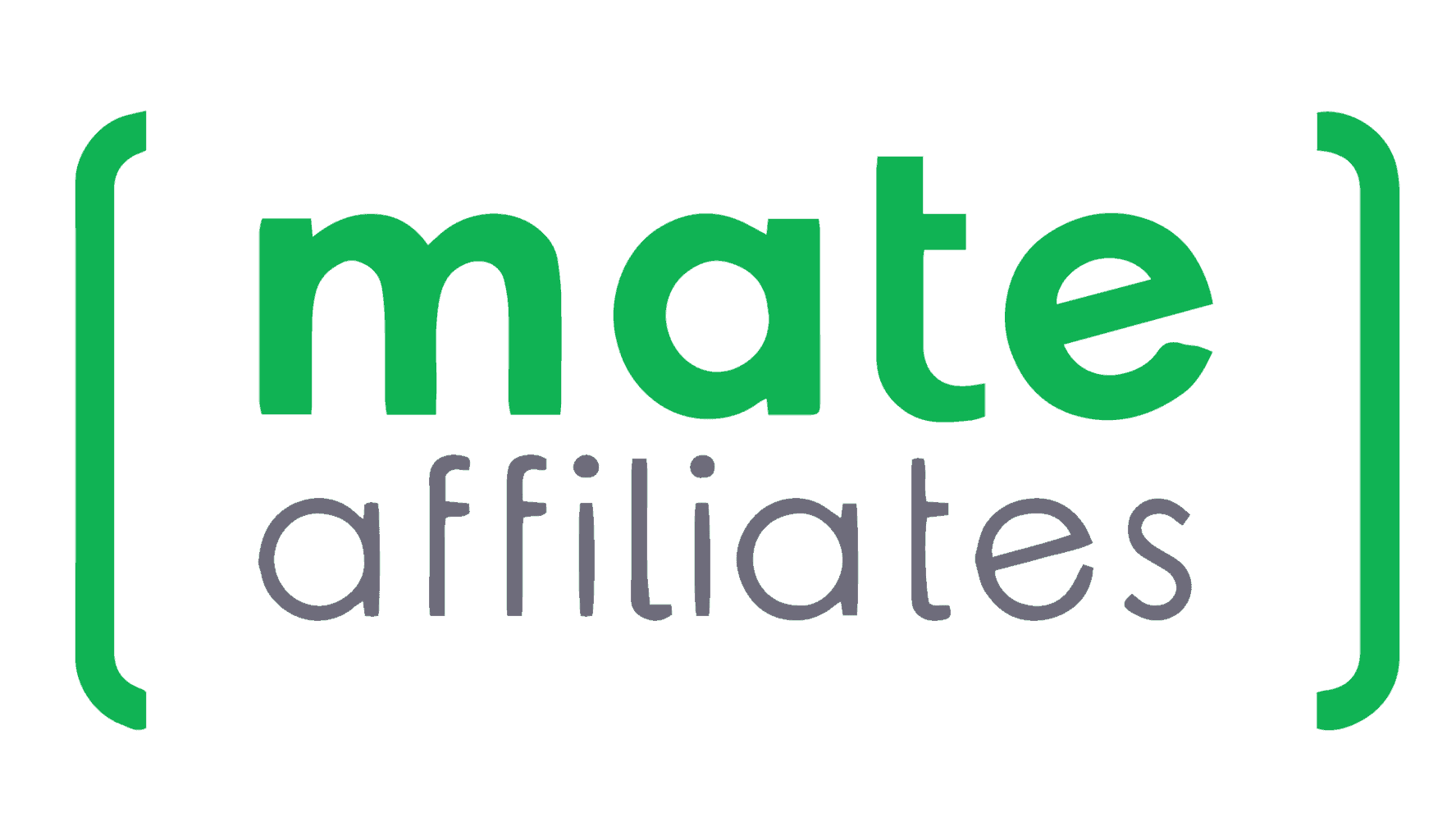If you’re keeping on top of the online marketing trends, no doubt you’ve heard of Multisearch. It was recently launched by Google to improve its search results for users. But is there more to it? How does it work? Is there an advantage to this tech for marketers? We’re exploring all these questions and more in this guide to the Multisearch. Read on for all the details.
What is Multisearch?
Currently only available in the US, Google launched Multisearch only a month ago as a tool that makes its Shopping tab in searches far more intuitive. If you’ve ever searched for something in the shopping tab on Google, you might find that you are met with a range of items that don’t meet the terms you’ve searched for, like style, size, etc. if you’re looking for clothes. The Multisearch tool aims to make that a much more satisfactory experience.
This is a problem for Google as social media shopping takes off. There is a gap in what can be discovered and bought on social media, prompted by Meta installing shops in their platforms. Google is hoping to close this gap with Multisearch tools.
Multisearch allows you to search across formats, whether that’s text or images. Multisearch searches through images and text at the same time, allowing for more relevant information coming to the results. A picture isn’t good as locating the specific criteria shoppers might be looking for, such as size or cut when it comes to clothes or measurements in furniture.
With Multisearch, a search for women’s clothes with pockets, a holiday similar to the one that’s out of price range, or a sofa that fits a smaller living room, could all yield better results. Users can get specific about what they are looking for, rather than having one element of their search fulfilled and sifting through millions of results.
But what is MUM and what has it got to do with Multisearch?
What is MUM?
Unveiled in 2021, MUM is Google’s Multitask Unified Model. Like everything Google does, it was designed to make searching more helpful and streamlined. MUM does this by improving Google’s attempts to understand more complex questions. The idea ultimately is for users to feel like they are talking to a human when they are asking questions, but not just anyone off the street, but an expert.
As much as you can find just about anything on Google, MUM aims, like a mother should, take your hand through more complex questions. The example given from Google is that in order to find information on starting a sport from scratch you might have to sift through blogs on the sport and pick up context clues, but Google will now understand that you will need rules, equipment, fitness preparation, groups, etc. and will highlight any relevant information to this effect.
MUM is a multimodel AI, which Multisearch makes great use of. The AI understands data of more than one type, so while Google mainly focuses on text and images, they’re looking to use this MUM tech to expand into video and audio too.
Another merit of MUM is that she’s multi-lingual. MUM can translate information into 75 different languages, which is good news for brands looking to go international.
How can marketers use this new tech?
Businesses selling products are bound to find this new tech useful. Multisearch will allow your items to rise to the top of specific results, for better partnering products with customers. Customers will be able to better find what they are looking for and convert the Google Shopping tab from a window browse into a hunt for exactly what they need, making for more sales.
MUM is also very useful to marketers. It works across formats like text and images and is in the process of being optimized for audio and video content, which means searches could soon include podcasts and video content.
In addition, the MUM’s multilingual capabilities will mean that it can translate information from all around the world. It can understand and translate from 75 different languages, which will break barriers between cultures for information, and will allow marketers to better connect with customers around the world. It will offer better results to users searching for information relevant to the brand, no matter where they are.
If you’re interested in gaining more information on affiliate marketing and online marketing, take a look at our blog, or for a more personalized experience, book a free call with a member of our team.
Or, to really get the best advice from the experts of the industry, get your tickets to the Elevate Summit in June. There will be expert panels, speeches, and workshops to take part in.
























